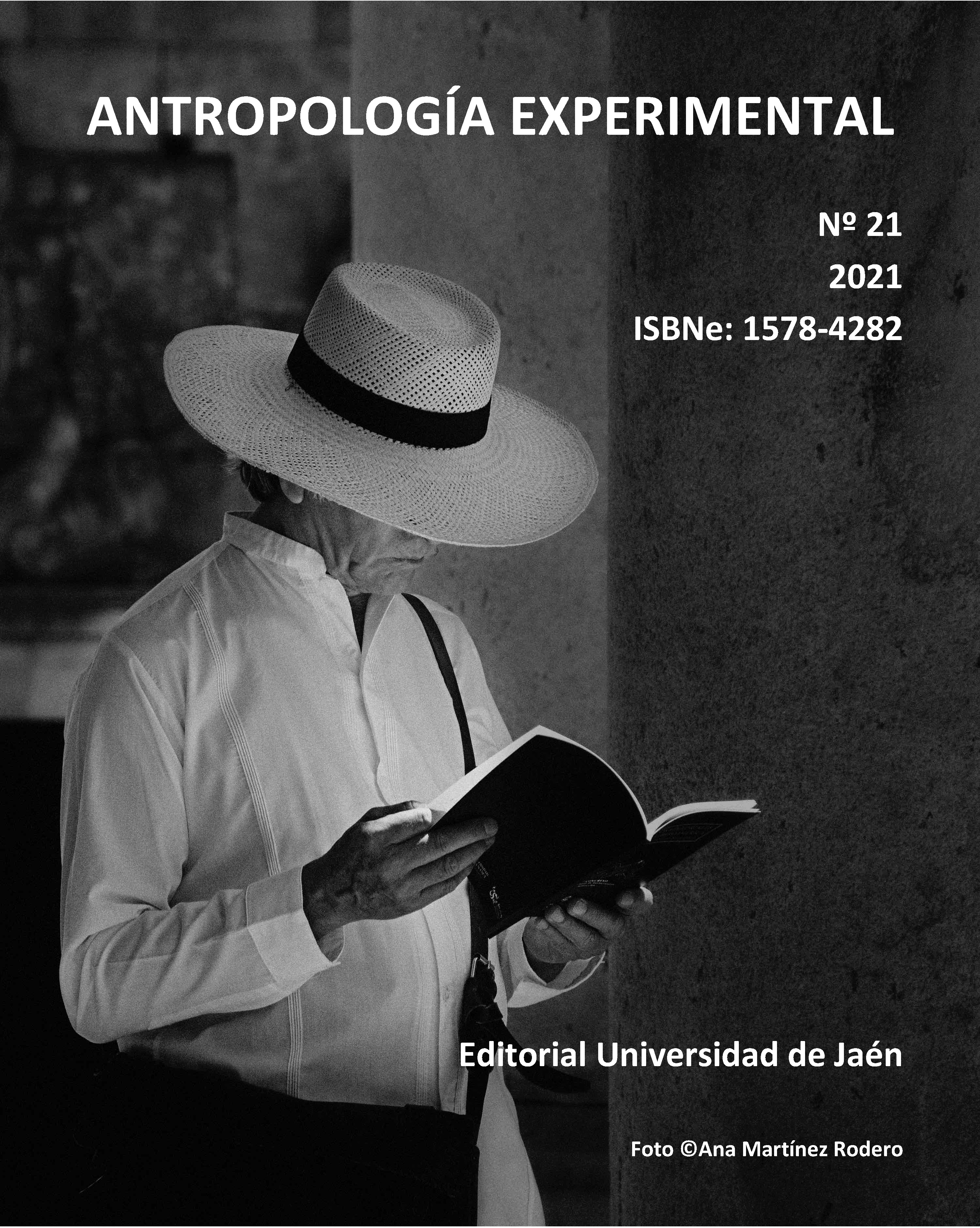The Empowerment of critical thinking in education and society to face pandemic times
DOI:
https://doi.org/10.17561/rae.v21.6669Keywords:
Empowerment, Critical thinking, Philosophy, Uncertainty, PandemicAbstract
This article discusses the need to promote critical thinking in education, which could help to better face uncertain times such as those produced by the Covid-19 pandemic. Although the official indications of education indicate the development of critical thinking, such development has not become a reality in everyday educational practices, partly due to a lack of clear guidelines on how to carry out this task and partly due to the ambiguities that it involves the treatment of critical thinking. Official education has faced various logistical, methodological, and ideological problems. In addition, during this time of the pandemic, society has seen how schools were closed to avoid or prevent infections, which led to trying to continue education through the electronic means available to teachers and students, which meant, among other things, a distancing and exclusion of some, especially those most disadvantaged. In these pandemic times, there is awareness of the need to promote critical thinking, which aims to contribute to making decisions about what to do or believe. Such empowerment would be possible if philosophy were included in those educational levels where it is still absent.
Downloads
References
Abbagnano, N., y Visalberghi, A. (1964). Historia de la pedagogía. México: FCE. Aristóteles (2015). Metafísica. Madrid: Gredos.
Constante, A. (2021). Educación fracasada y tecnología imposible. En A. Constante y Torres, J. (2021). COVID: distopía educativa (pp. 11-27). México: Torres Asociados.
Dewey, J. (2007). Cómo pensamos. La relación entre pensamiento reflexivo y proceso educativo. Barcelona: Paidós.
Ennis, R. (2005). Pensamiento crítico: un punto de vista racional. Revista de Psicología y Educación, 1(1), 47-64.
Fullat, O. (2011). Homo educandus. Antropología filosófica de la educación. Puebla: UIA. Gramsci, A. (2013). Los intelectuales y la organización de la cultura. México: Juan Pablos Editor.
Ladmiral, J-R. (2007). Crítica y metacrítica: ¿de Koenigsberg a Fráncfort? En A. Jacob (Dir.), El universo filosófico (pp. 953-962). Madrid: Akal.
León, H. (2021). Reflexiones para una educación postcovid. Tareas y desafíos de la educación postpandemia. Cirum. Revista de Investigación Científica Humanística de la Universidad Antropológica de Guadalajara, 6(12), 69-90.
Morin, E. (2008). Los siete saberes necesarios para la educación del futuro. México: Siglo XXI. Ortega y Gasset, J. (2012). ¿Qué es filosofía? Madrid: Gredos.
Platón (2015a). Apología de Sócrates. Madrid: Gredos. Platón (2015b). República. Madrid: Gredos.
Sanabria, J. R. (2003). Introducción a la filosofía. México: Porrúa.
Santos, B. S. (2020). La cruel pedagogía del virus. Buenos Aires: CLACSO. Žižek, S. (2012). Viviendo en el final de los tiempos. Madrid: Akal.
Downloads
Published
Issue
Section
License
Copyright (c) 2021 Alberto Juárez Millán

This work is licensed under a Creative Commons Attribution 4.0 International License.
Responsabilidad de los autores: son responsables por las ideas y datos empíricos de los manuscritos, por la fidelidad de la información, por la corrección de las citas, por los derechos para publicar cualquier material incluido en el texto y por la presentación del manuscrito en el formato requerido por la Revista de Antropología Experimental. Un manuscrito enviado a la Revista de Antropología Experimental no debe estar publicado ni haber sido presentado en la misma forma a otro medio de publicación. Así, mismo, los autores reconocen que conocen y están de acuerdos con estas PAUTAS EDITORIALES Y FORMALES. La dirección de la Revista de Antropología Experimental está permanentemente abierta para aclarar cualquiera de los contenidos aquí citados u de cualquier otra índole que surjan en el proceso de publicación de los manuscritos.






